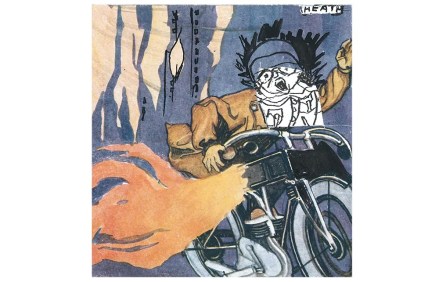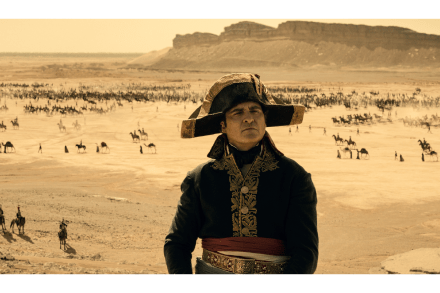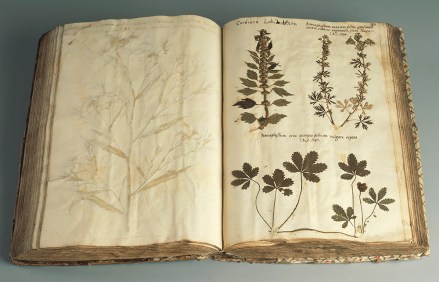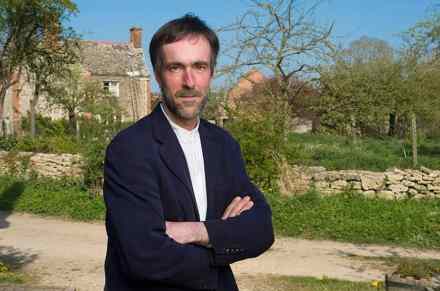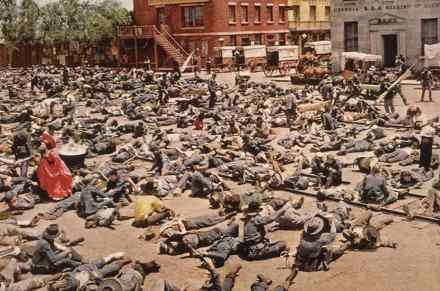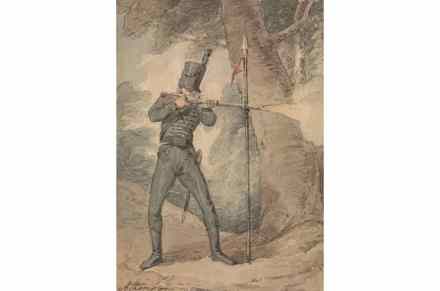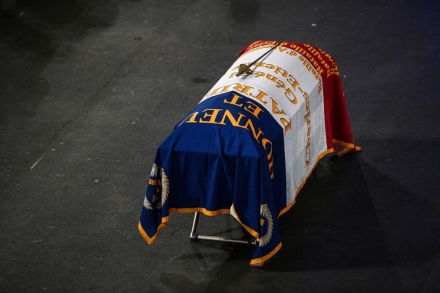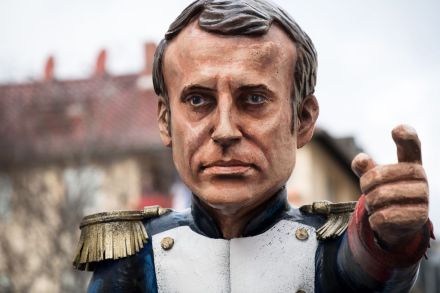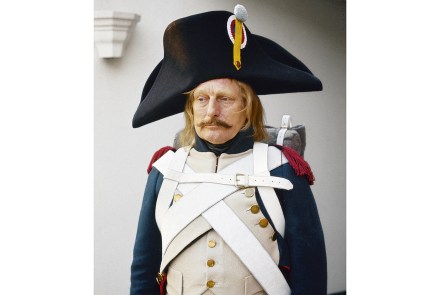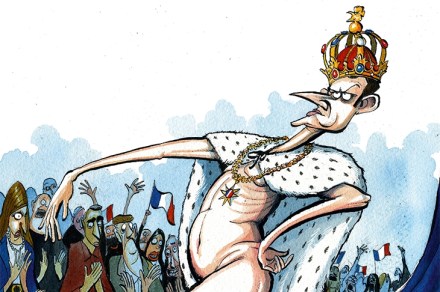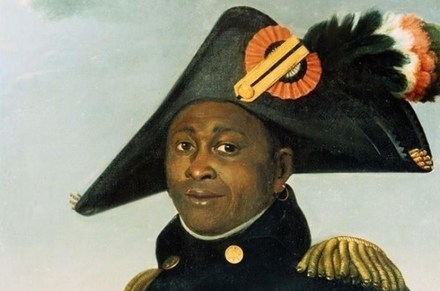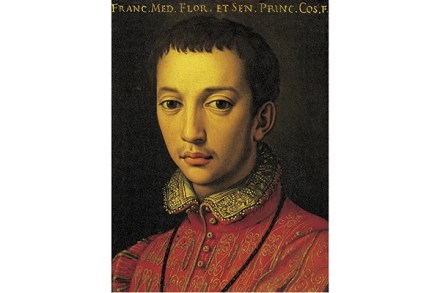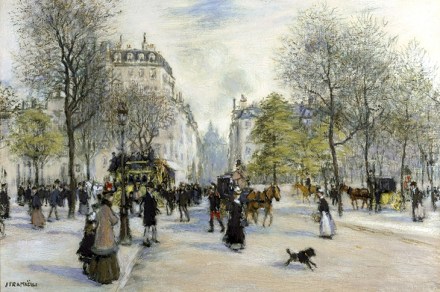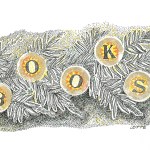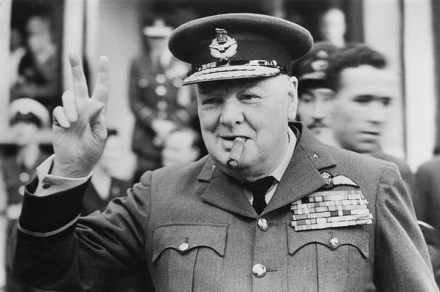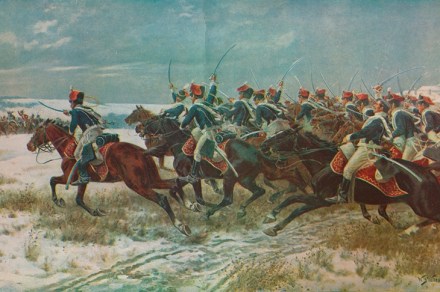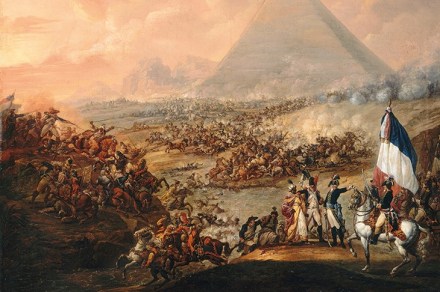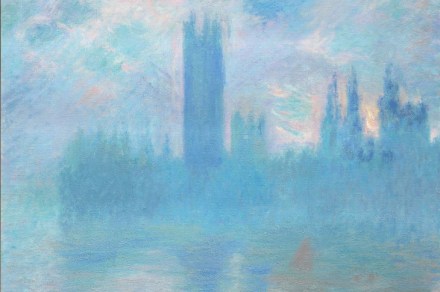Following Napoleon: my exile in St Helena
St Helena In an attempt to escape from the world, I have come with friends to St Helena. It is quite a good place for the exercise. Until a few years ago the only way to get to the island was a five-day boat voyage from Cape Town. Shortly before Covid, an airport for this British overseas territory was finally completed at UK taxpayer expense. To protect some local insects the runway was put at a slightly wrong angle, making it difficult – sometimes impossible – to land. The weekly flight from Johannesburg therefore refuels in Namibia in case landing is impossible and the plane has to about-turn. A lifesize statue



